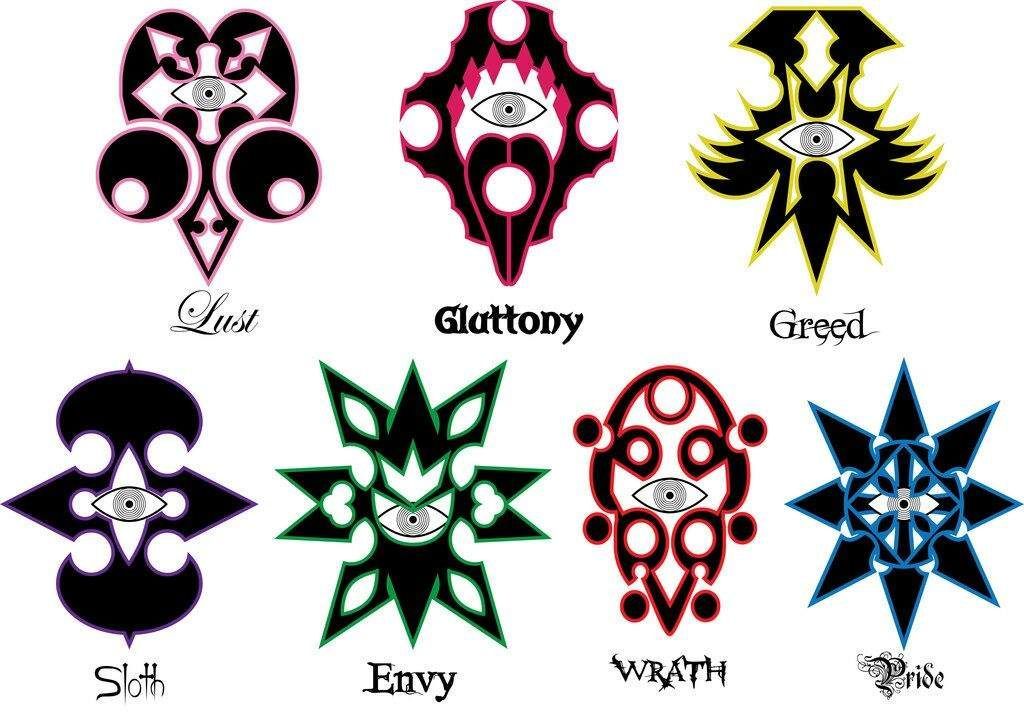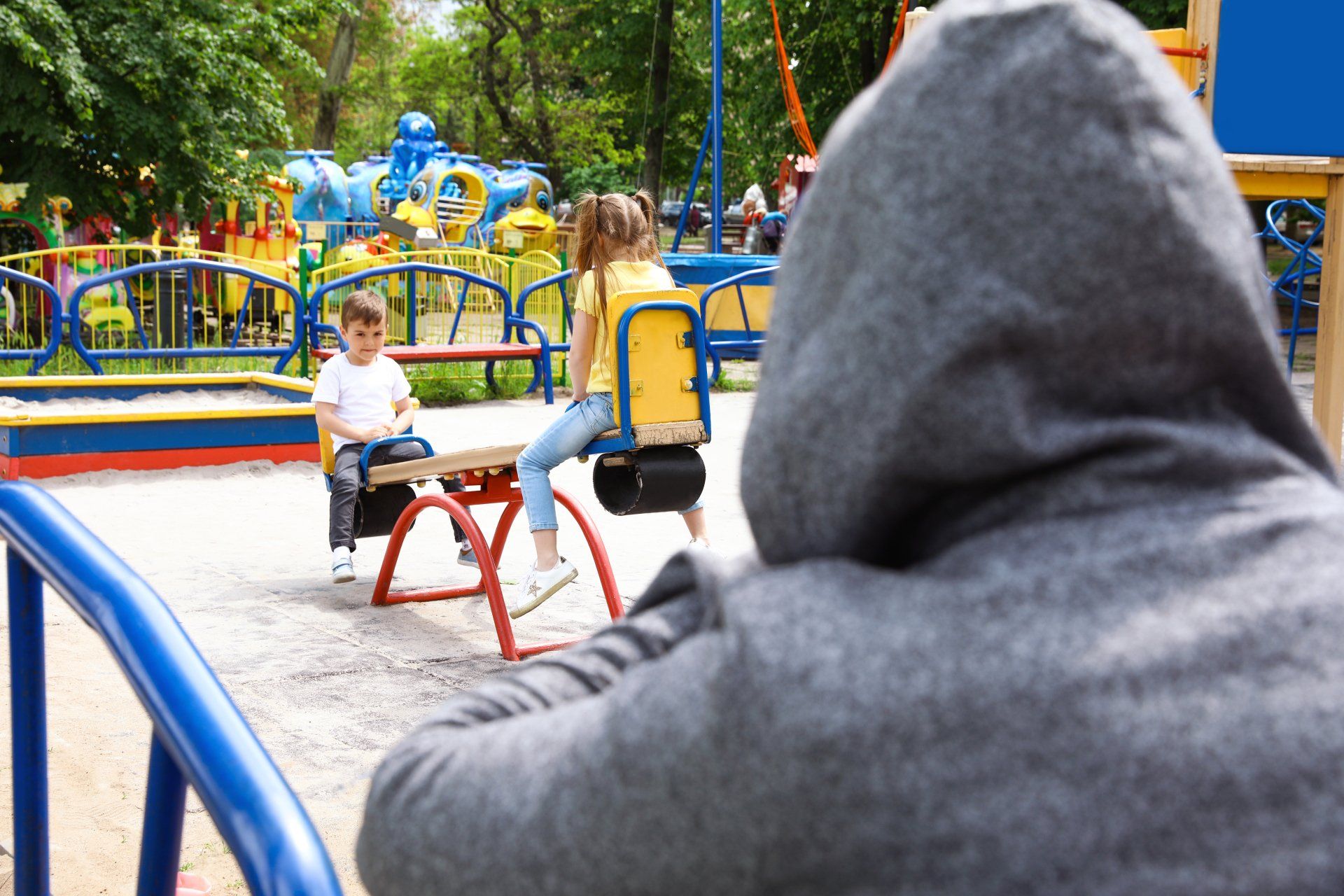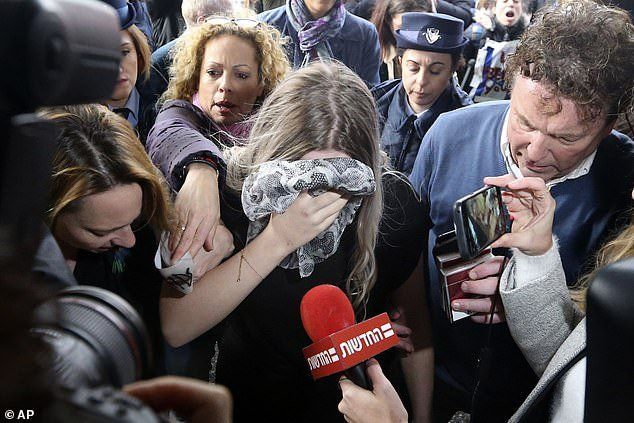


This week I want to walk out a case study from a news story that focuses on the aftermath of violence, particularly a very rarely talked-about part ... cultural backlash for the survivor.
When most people talk about the aftermath of violence they only really speak to the immediate physical situations; get safe, look for injuries, call backup. But they very rarely talk about the long-term effects of surviving violence: emotional trauma, retaliation, legal issues, and one of the very worst parts … backlash from the culture you live in for telling your truth.
It may seem crazy, but not so long ago, if a person was raped or assaulted, the blame landed on the victim. "Why were you there”, “what did you say”, “what were you wearing" were all shouted at people that had survived horrific experiences. There is nothing wrong with asking questions to assess a situation, not all attacks just fall from the sky (although some do!). Even after the initial interrogation, though, people often faced extreme backlash from their support structures about what happened. Shaming them, gaslighting them, or blaming them for things FAR outside of their control simply because of the culture they lived in.
As much as we would all like to think this sort of thing is a relic of the past, guess what! While it is no longer OPENLY accepted, it is till VERY prevalent especially In the age of social media, where anonymity emboldens us, this issue is still running strong.
Please read the story below - WARNING it is uncomfortable - but a great example of the cultural aftermath of an attack.
Raped by Rotherham Pakistani grooming gang, she is being targeted by far left extremists and feminists
'I was raped by Rotherham grooming gang - now I still face racist abuse online'
A woman who says she was gang raped and beaten over 100 times by a group of Pakistani men in Yorkshire has revealed how she still faces online racist abuse.
Under her online alias, the woman who was attacked and abused by grooming gangs as part of the Rotherham child sexual exploitation (CSE) scandal, has slammed Twitter for failing to take action against what she classes as racially and religiously motivated hatred aimed towards her by "far-left groups".
Ella said: “On Twitter I get a lot of abuse from far-left extremists, and radical feminist academics.
“There is one group who go online and they try to resist anyone they consider to be a Nazi, racist, fascist or white supremacist. They don’t care about anti-white racism, because they appear to believe that it doesn’t exist.
“They have tried to floor me and criticise me continually and this has been going on for a couple of months.
“They tried to shut me down, shut me up and drive me off Twitter. I’ve never experienced such hate online in my life. They accuse me of ‘advocating for white paedophiles’ and being a ‘sinister demonic entity.’
“It went on for 15 months,” Ella said. “I was nearly killed about five times, and then eventually I was hospitalised with lots of injuries and the police told my parents to move me away and change my name.
“They have never moved back to Yorkshire since.”
During the period of abuse, she was subjected to horrific X-rated abuse but she was never able to see her attackers brought to justice.
“I was called a barrage of racist names,” Ella said. “They called me a white s**g, a white c***, a white whore, a white b***h and a f******."
Ella recently reported what she perceived as a racially abusive tweet against white people to Twitter.
The tweet made reference to “the white virus” and said: “Carriers tend to be hideously ugly (within and without), hideously selfish, hideously inferior and hideously white. Never underestimate the malice and ugliness of these ‘people.’
She argued the tweet contained “harmful content” but Twitter said the tweet did “not breach any of Twitter’s community guidelines.”
The response to Ella said: “Twitter’s hateful conduct policy applies to members of a protected group: This includes races which have been historically oppressed and marginalised, which white people have not."
“For this reason, Twitter would consider this comment satire.”
Ella has also complained about other tweets in which she was called a “gammon” - a pejorative term primarily used to describe middle-aged white men - and tweets which referenced “white privilege.”
Since March 18, more than 1,100 tweets containing misleading and potentially harmful content have been removed from Twitter and its automated systems have challenged more than 1.5 million accounts which were targeting discussions around COVID-19 with spammy or manipulative behaviours.
However, Twitter reiterated that the tweets it received from Ella which she complained about did not violate the site's rules.
Here is the full news story: https://www.examinerlive.co.uk/news/local-news/i-raped-rotherham-grooming-gang-18121059
So - what did we learn from this? We learn that sometimes when it comes to violence - even if you are the victim, or in the right for defending yourself, or speaking up about your encounter - you may still have a totally separate fight ahead of you.
Resiliency is key. Knowing that you did nothing wrong, knowing that it was not your fault, and surrounding yourself with the best support network you can find is key to thriving after you have survived.
Randy
PS: Side note SOME times resiliency is ALSO met with a weird backlash....more on this later


ALL RIGHTS RESERVED | RANDY KING LIVE